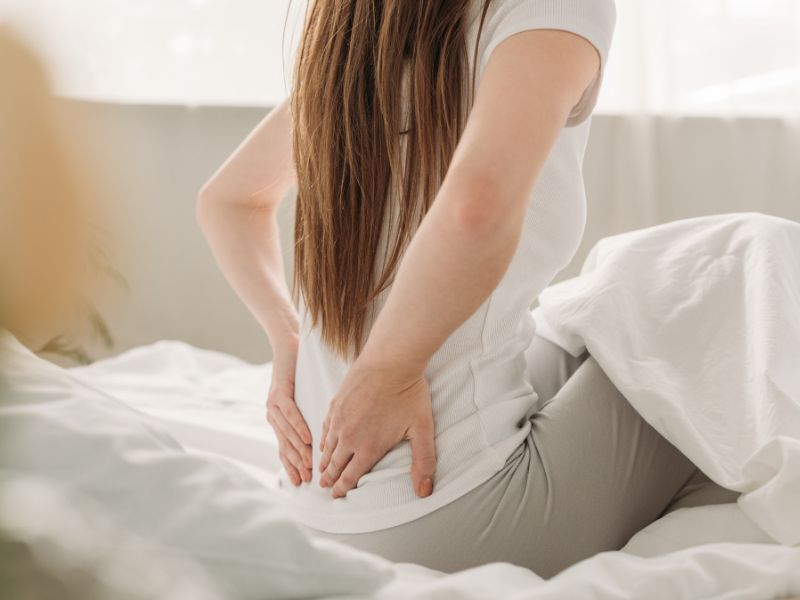Sometimes an unexpected cracking noise that occurs in our backs can be unnerving, especially if it is accompanied by pain. We know how essential our backs are for daily living.
Are you currently experiencing a grinding or cracking sensation? Are you curious about what it could be? If so, you have come to the right place.
At Virgin Islands Neurology, we specialize in assisting those with lower back pain. If you are consistently hearing popping sounds that are accompanied by pain, schedule an appointment with one of our experts today! We are conveniently located in the U.S. Virgin Islands and look forward to assisting you.

Generally, when your back cracks, there is no pain associated with it, and it should not be a cause for concern. Back cracking is a common occurrence that slightly differs for everyone but should not hurt. There’s even a technical term for when you “crack” your back. It’s called crepitus.
There are two types of spinal crepitus, and they are as follows:

Naturally, you may be wondering what exactly happens when my back cracks or pops. One reason back cracking can occur is that your spine’s facet joints are stretched or manipulated out of or into their normal position.
Your facet joints allow your spine to bend and twist but keep your back within its limits. Your nerve roots that go from the spinal cord to your arms, legs, and other parts of your body pass through these joints.
A facet joint can be manipulated out of place when you twist your lower back (lumbar spine) or neck. When your facet joints move like this, it allows the synovial fluid inside of them to move around, releasing pressure and producing an audible cracking sound along with a grinding sensation.
Additionally, some experts believe that gases such as nitrogen, carbon dioxide, and oxygen build up between your joints over time, and when you stretch or move in specific ways, the gas is released.
A popping or cracking sound may also occur when one of your vertebral muscles spasms or if you have adhesion in your connective tissue. You may also hear a cracking sound if one of your discs moves within your facet joint.
If you feel significant pain when your back cracks, this may signify a more serious condition. Back pain associated with cracking can be caused by deterioration, soft tissue damage, or arthritis, specifically osteoarthritis. Symptoms of spinal osteoarthritis include joint pain and crepitus.
When the cartilage in your facet joints wears away, it can cause bone-on-bone rubbing, resulting in pain and swelling.
While the exact mechanics of facet joint cracking and the possible effects it may have are not fully understood, the effects will likely vary depending on the overall muscle and joint function of each individual. Generally speaking, cracking your back does not cause pain or require medical attention.
Additionally, spinal manipulation can relieve back and neck pain. You can perform this manipulation yourself or have it done professionally by an expert.
You should seek medical attention if your back cracking is coupled with pain. This may indicate a degenerative or structural problem with your joint.
Below you will find specific signs that occur with facet joint cracking that may warrant medical attention.
In general, cracking your back should not cause pain. However, if you have been experiencing pain coupled with a popping sound, knowing why it is happening can put your mind at ease.
Our medical experts at Virgin Islands Neurology can help! We are conveniently located in the U.S. Virgin Islands. Schedule an appointment today to receive an accurate diagnosis and the relief you deserve.

Schedule an Appointment
Address
Hours